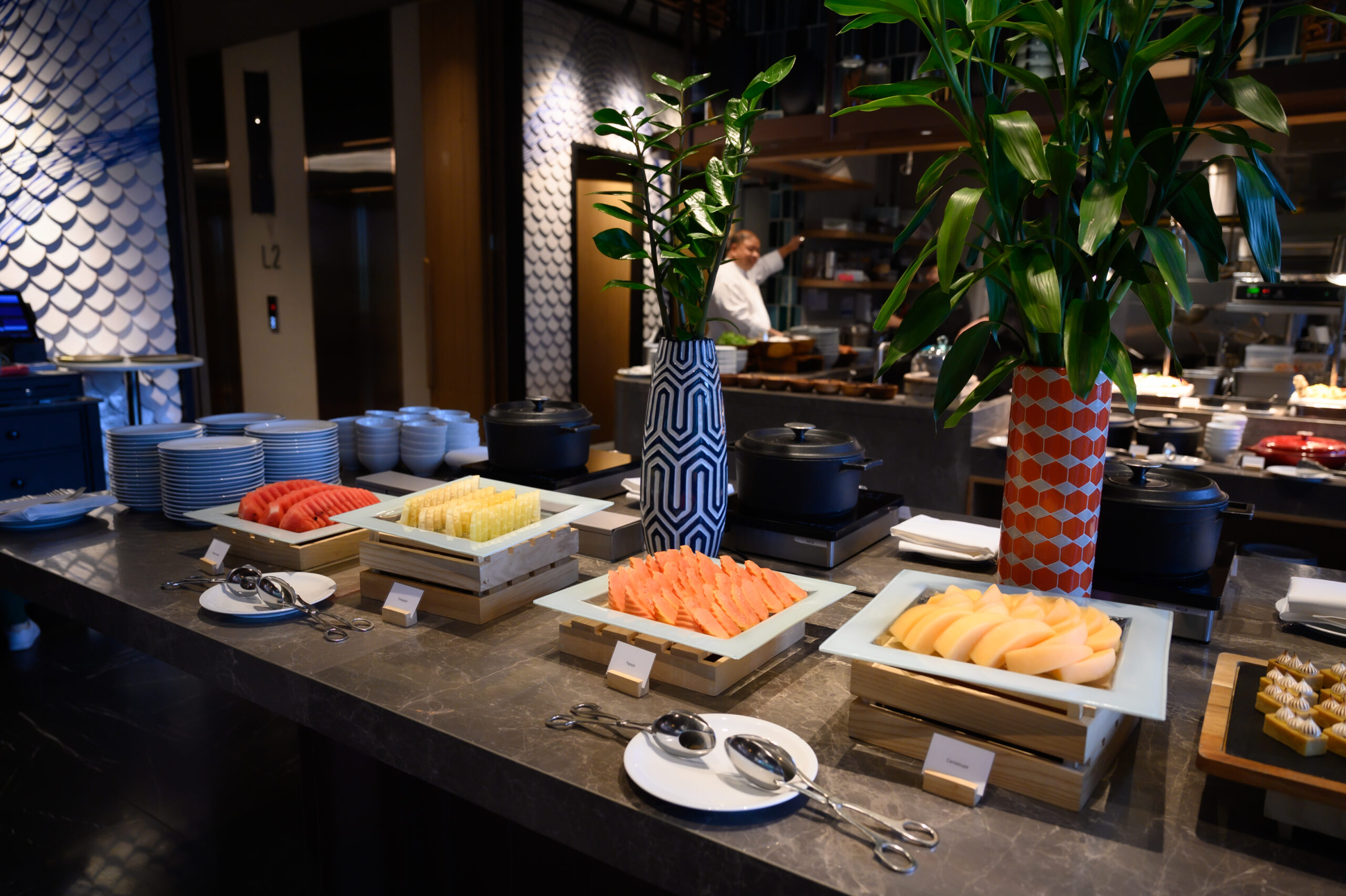Gastronomic tourism represents one of the most rewarding and immersive travel experiences. Through food, travelers can learn about the culture, history, and traditions of a place, discovering unique flavors and culinary stories that tell much about a destination.
Exploring the Gastronomic Capitals
Cities considered food capitals offer a range of experiences from Michelin-starred restaurants to small family bistros where cooking is still done according to tradition. These places are true paradises for food lovers, where every meal is an adventure and an opportunity to connect with the local population.
A Journey to Tokyo
For example, Tokyo is not only the capital of Japan but also one of the cities with the highest number of Michelin-starred restaurants in the world. Here, travelers can explore Japanese culinary art up close through specialties such as sushi, ramen, and tempura, prepared with unparalleled skill.
Traditional Cuisine and Innovation
The combination of tradition and innovation is what makes food capitals unique. While some cities rely on their historical culinary roots, others push towards innovation, creating new dishes that remain true to the spirit of the place while introducing modern techniques and ingredients.
The Role of Local Markets
Local food markets play a crucial role in defining a city’s culinary identity. Visiting these markets offers a direct immersion into the daily life and food traditions of a place, allowing one to discover fresh ingredients and unique dishes not found elsewhere.
The Importance of Eating Local
Eating local is not just a way to support the economy of a destination but also an opportunity to have an authentically cultural experience, connecting with the history and people through food that has been part of their lives for generations.
Authentic Culinary Experiences
Participating in culinary workshops or guided tours of restaurants and markets can significantly enrich the travel experience, offering a deeper understanding of local gastronomy and the techniques used to prepare typical dishes.
In conclusion, gastronomic tourism is not just an opportunity to eat well but a true journey into the soul of a destination, a path of discovery that touches all the senses and leaves indelible memories linked to the flavors and encounters made along the way.

